 Logan R. Brouse, proprietor and mixologist of Logan’s Punch, has run bars and clubs in Shanghai for over six years. In between hangovers, he puts pen to paper in his column for That's to record his pontifications on the drink industry.
Logan R. Brouse, proprietor and mixologist of Logan’s Punch, has run bars and clubs in Shanghai for over six years. In between hangovers, he puts pen to paper in his column for That's to record his pontifications on the drink industry.
Correction: The author would like to clarify that white labels do not indicate a grey market product for all brands. For example, small, independent spirits that do not own their own logistics programs will have white import stickers and no barcode, but will have been imported through entirely legal channels. The same applies to most wines.
I remember when I first moved to this glorious city during the expo of 2010. I was a brand new member of the Shanghai F&B scene – one of two bartenders in Shanghai with an American passport. The community was virtually non-existent.
Nonetheless there were expats, and so were their stories about fake booze and the infamous nightclubs that sold it. However, after running several big name nightclubs, consulting for venues and eventually opening my own place, I have news for you: fake alcohol is nowhere near as rife as you think. In fact, more common are the strenuous precautions brands and venues take to avoid that shit.
I know what you’re saying to yourself as you casually sip on a Vesper martini – ‘What about that time at so and so club where my friend drank like, 10 cocktails for RMB100 and got so fucked up the next day?’ Well, to that dear strawman, I say bullshit. They had a bad hangover, and were shamelessly trying to shift the blame onto China.
Don’t believe me? I’ll let you in on a dirty secret of the bar industry: booze is cheap to buy, and cheap to make. Prices you see at stores, bars and clubs are marked up, sometimes double digit-times their wholesale cost. It’s how we can afford rent, staffing, glassware, DJ’s, life and what not.
At most bars and clubs, contracts are in place with big liquor companies who need to promote their alcohol in order to sell as much of it as possible. The Nest, for example, has one with Bacardi. Ergo, you see a lot of their products promoted there, like Grey Goose. When I worked with the Muse Group, we had a huge contract with Diageo, and because of that were able to get very favorable pricing.
However, it came with certain caveats – such as every night we needed to use 100 bottles of Ketel One, with no exception. And if we didn’t pour them to customers, we needed to pour them down the fucking drain.

There would even be someone from the liquor company present, checking our empty bottles to make sure nothing was refilled and everything was accounted for. Their job is to make sure clubs aren’t screwing them over and buying less product by refilling authentic bottles with cheap, fake alcohol.
Suddenly, that RMB100 for 10 cocktails deal doesn’t seem too crazy. This next part sucks for the average student here to party – we don’t give a shit about you. Those Yeezy-wearing party promoters are paid per head; they're given bottles because the club has more alcohol than it can sell, and international kids make for cheap window dressing. The table 'ballers' are the ones we want to impress, and if filling a big nightclub with a foreign crowd means bringing in 100 kids or ‘models’ to drink for free, then fine by us.
Contrast this with a bar, where we have a more intimate relationship with our customers. We ourselves don’t want to drink fake alcohol, and we certainly wouldn’t think of it for you. Morals aside, why would any smart businessperson risk customers ending up in the ICU from fake alcohol when the real stuff is purchased easily and cheaply?
Besides, Logan’s Punch and most other bars also have contracts with liquor companies. I, for one, work closely with Pernod Ricard. In return for using and promoting their liquors, I get help with things like menus, uniforms, trips, and other assorted goodies. With that, though, their various brands check my suppliers – vetting them before I can purchase alcohol.
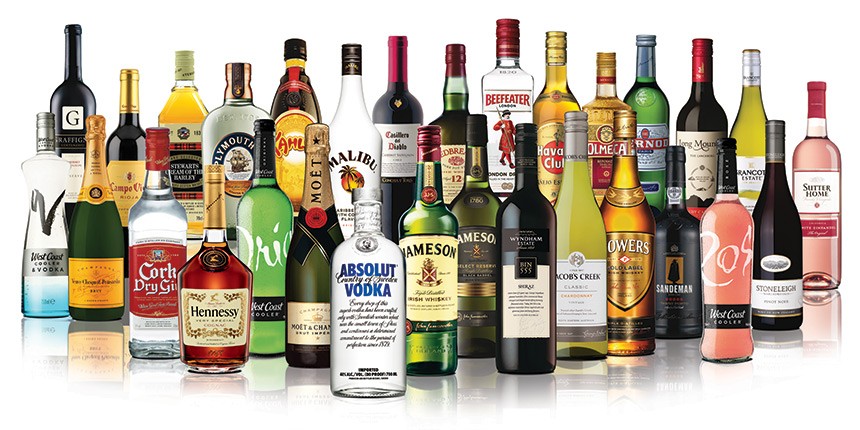
The Pernod Ricard brand family
Here’s another thing, the F&B community is small and we use mostly the same suppliers, so if I talk to Chase at Rooster, Geo at The Captain, Michael at Cannery, Eddie at Tailor or Daniel Fucking An – chances are we use the same supplier, which gives us further leverage on pricing.
So, even though bars don’t use fake booze per se, a minority do carry ‘grey market’ products. Otherwise known as parallel imports, these are real, but not brought in through China customs, and thusly do not have a cast-iron authenticity guarantee. Alcohol is non-perishable and easy to smuggle; it could be a batch of Jameson from Vietnam, Patron from Hong Kong or Malibu from Indonesia (just joking… no one would smuggle Malibu.)
What does 'grey market' alcohol look like? A lot like the real stuff. Again, most of this is authentic product. However, there are a few telltale signs to look for. For example, grey market products will have a white import product sticker on the back, rather than a brand-issued one. See below a bottle imported through legal channels:
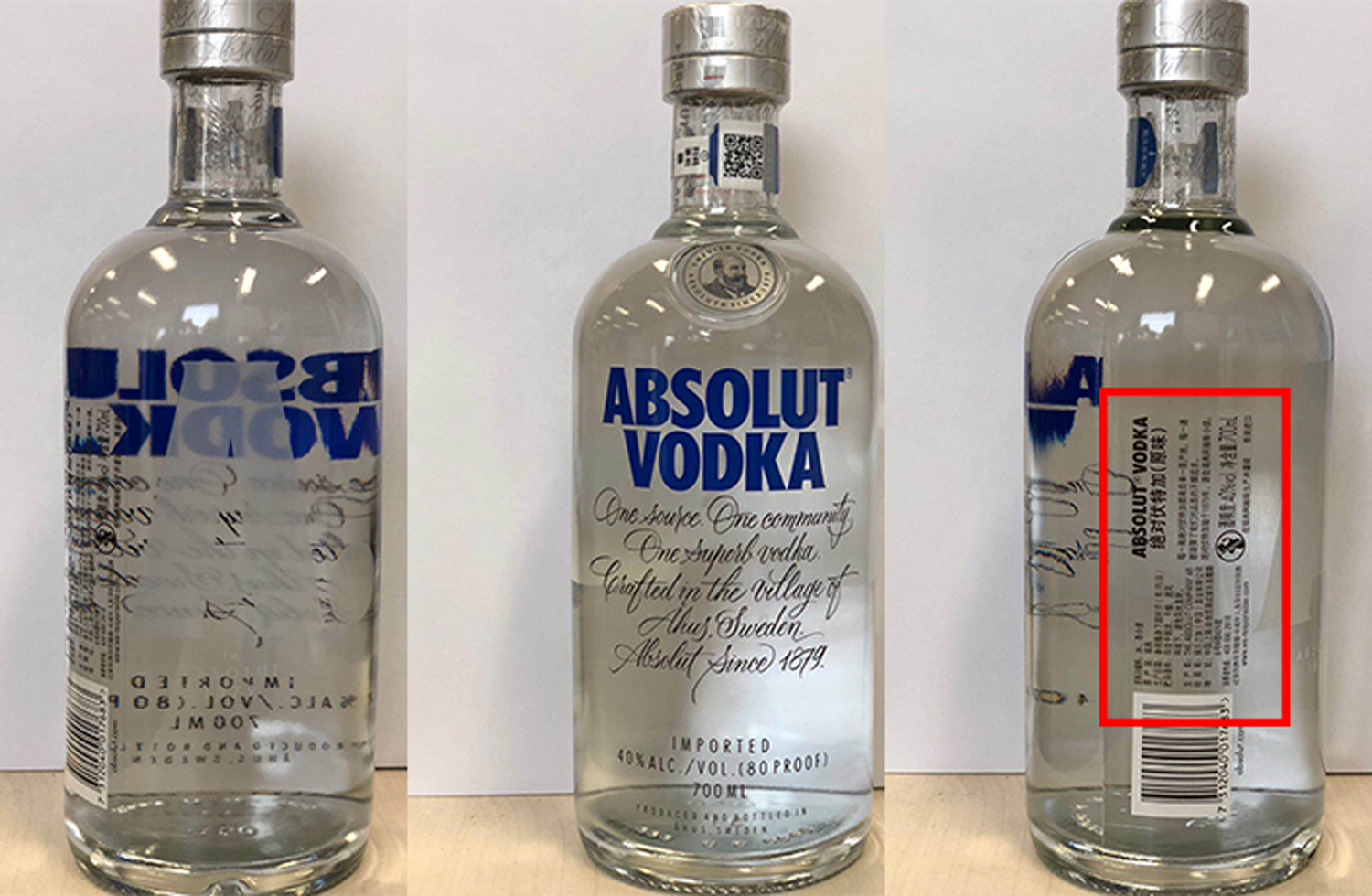
And here, a grey market Absolut with a white import sticker. Note how the laser etched code has been filed off. With a Pernod Ricard issued bottle, this would be visible and would match the QR Code label on the cap.
 Images courtesy of Absolut.
Images courtesy of Absolut.
So, which places sell grey market products? In a nutshell, bars that do not have partnerships – perhaps because they are so seedy that no liquor brand would want to be officially affiliated with them. Think dirty KTV, talkie girl bars, anywhere it’s obvious you’re doing something shady just by being there. If it’s 4am, packed full of drug dealers and obvious war criminals, then you have more to evaluate than fake booze.
Like any rumor, fake booze started with a kernel of truth. China is a huge country and fake alcohol does exist, but in major cities at least, the entire booze industry has your back preventing you coming into contact because it’s against their interests too.
That ‘fake alcohol poisoning’ is just a nasty hangover, and the next time you hear one blamed on it you can cringe the same as when people insist they’re ‘allergic to MSG.’
Read more of Logan's columns.
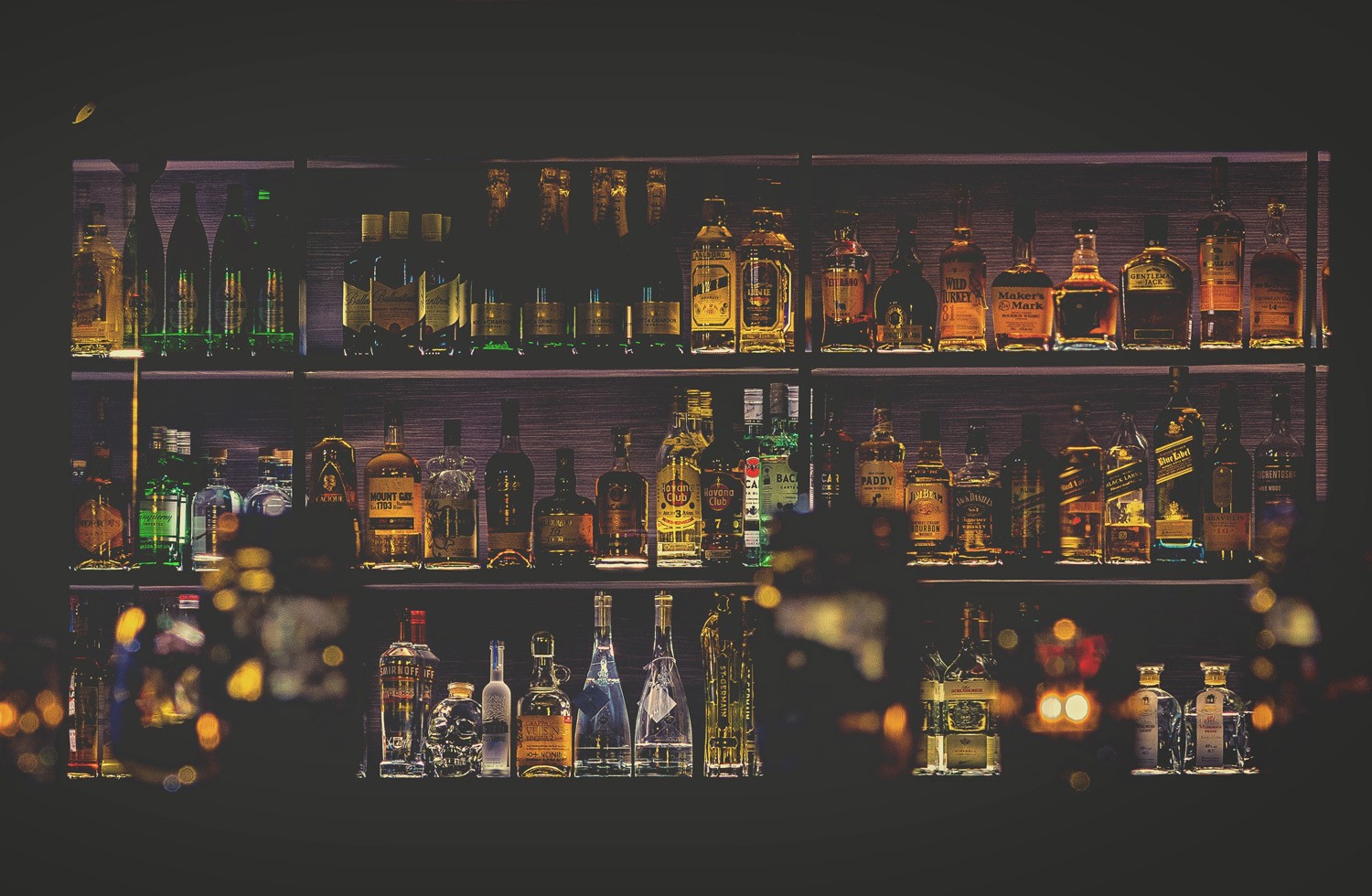




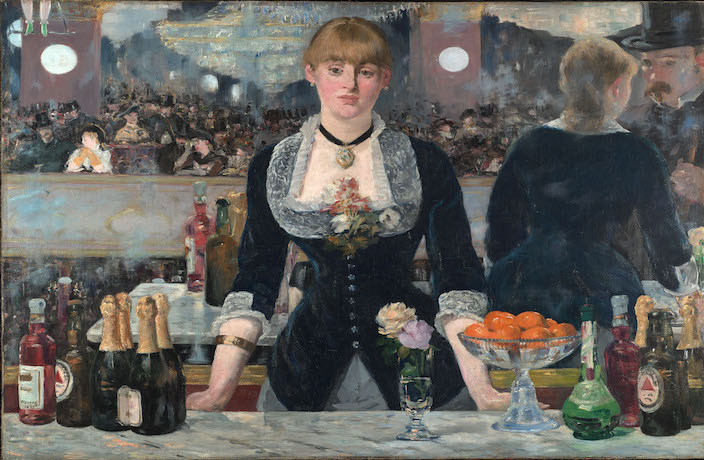
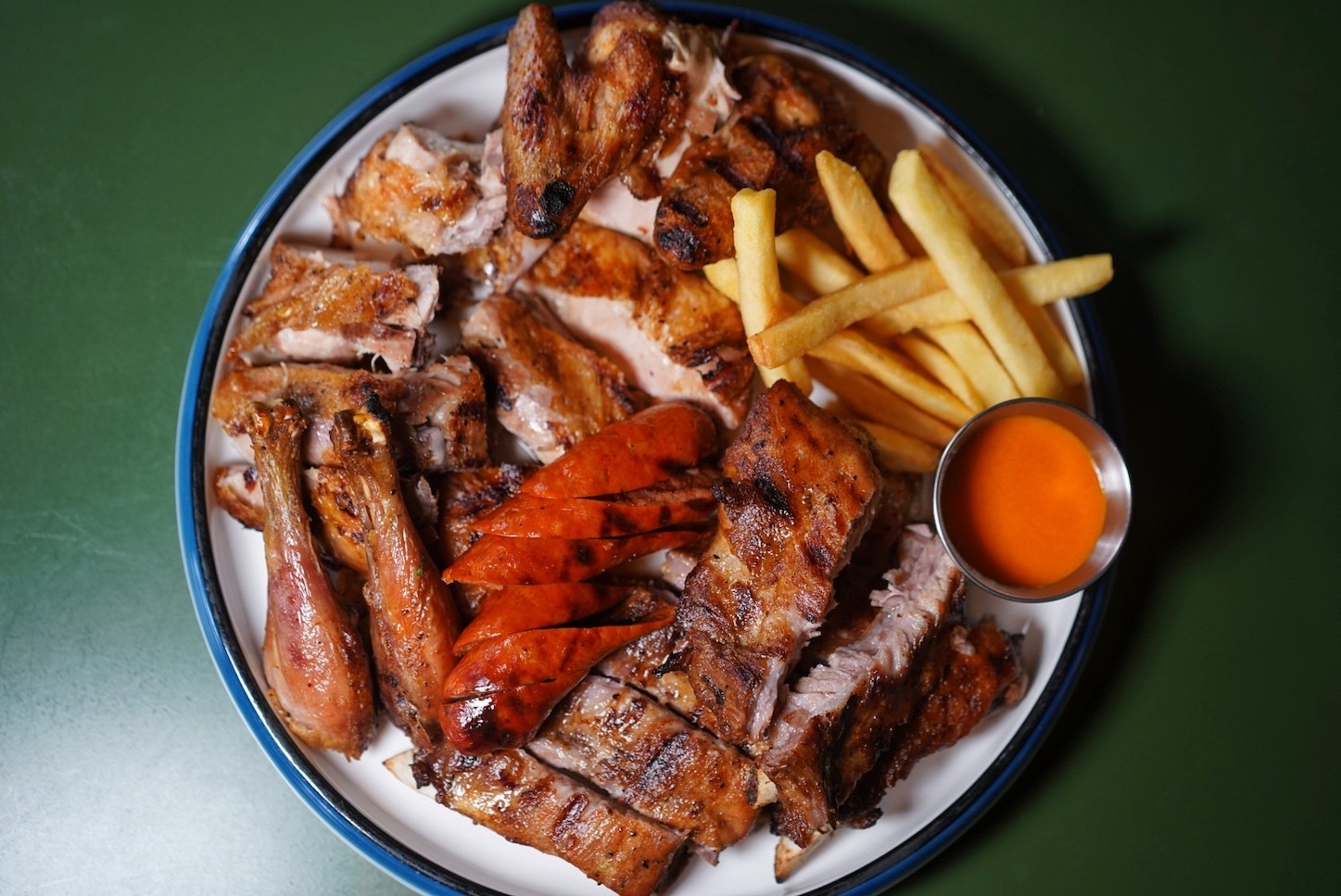
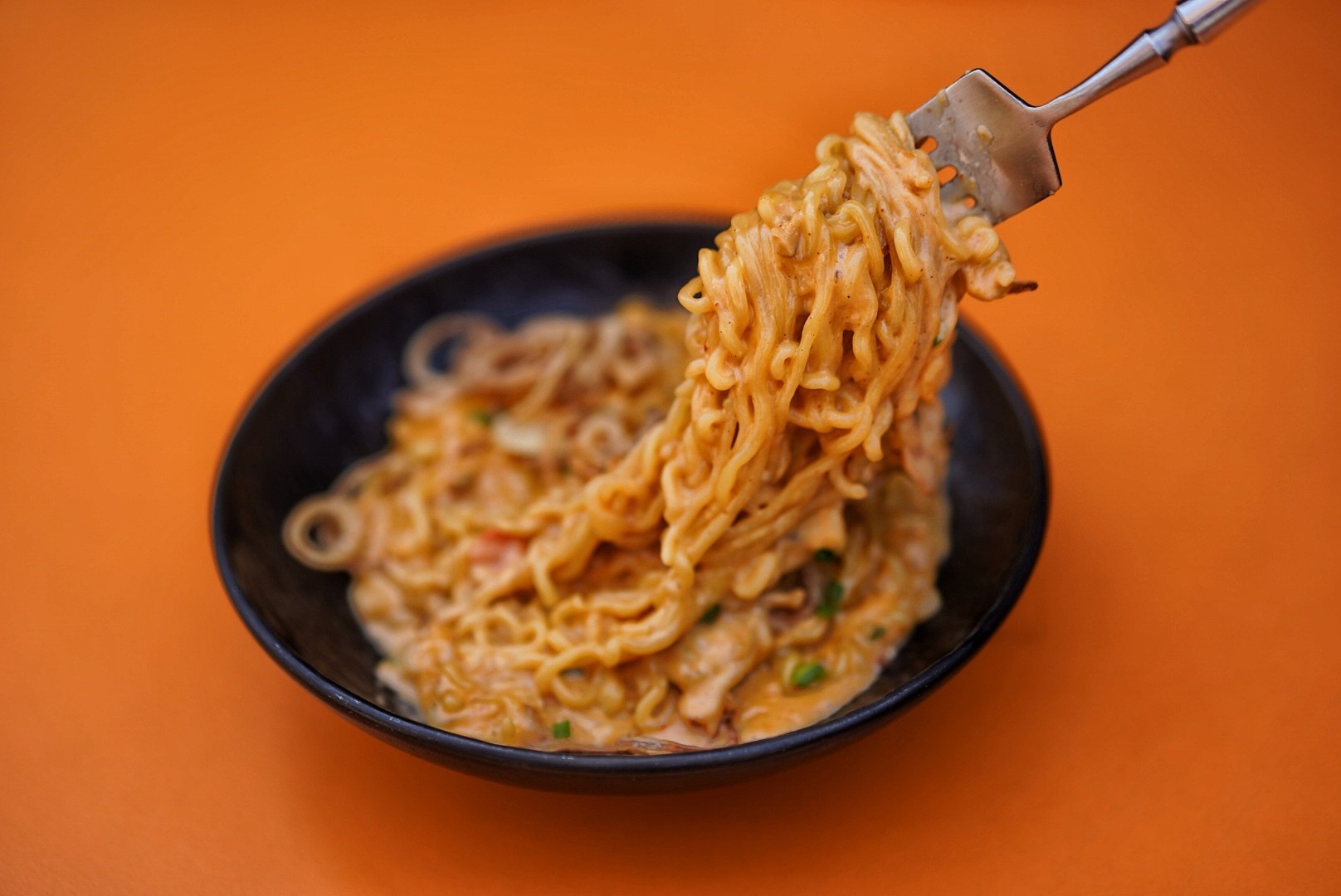














1 User Comments